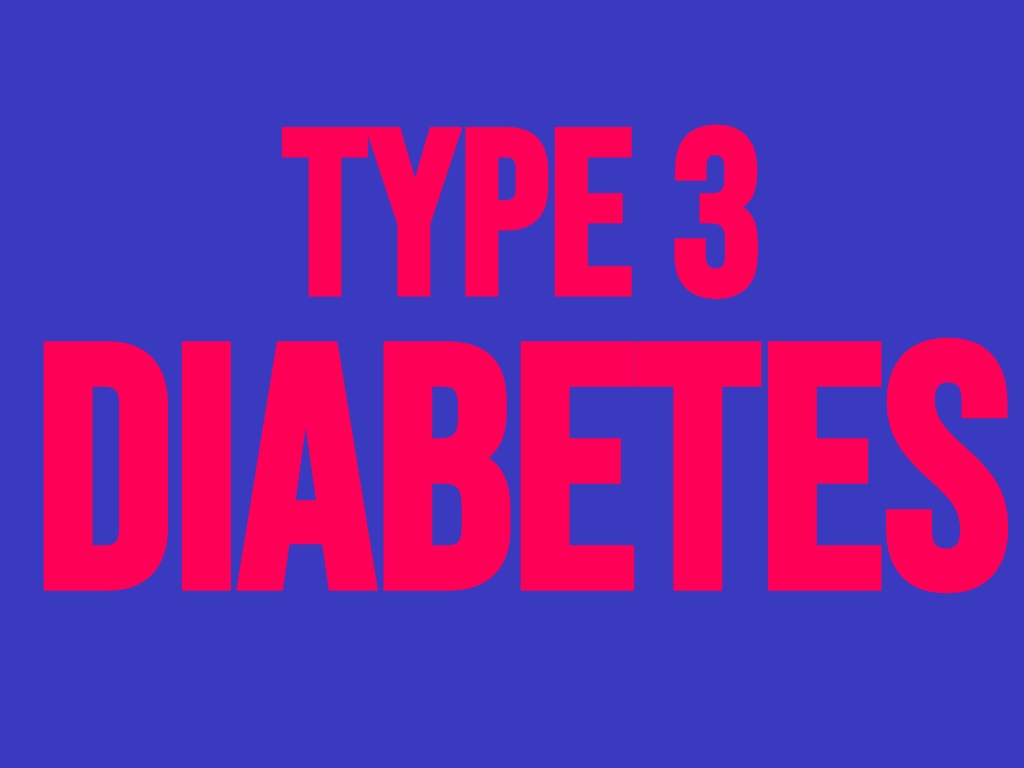“80% of people with Alzheimer’s disease have either full-blown diabetes or insulin resistance. The link between insulin resistance and AD is so obvious to some researchers they’ve began calling it diabetes type 3!,” reports registered nutritionist Tim Reed BSc mBANT rCNHC for Medium.
Barry Manilow’s classic hit, I Made It Through The Rain sparks real-life confessions about overcoming challenges related to diabetes self-care on this episode of Divabetic’s monthly podcast.
Hear how Alyson Williams, who is living with type 2 diabetes, made a triumphant return to the stage after her near-death experience from COVID and “The Rollercoaster Ride Of Diabetes” blogger, FatCatAnna, who is living with type 1 diabetes, opens up about her attempted suicide and managing diabetes in a mental hospital.
Additionally, we’re sharing an honest, no-filter look at the daily grind of living with diabetes and practical ways to help you pivot and stay positive. We encourage others with diabetes to live life to the fullest and apply Barry Manilow’s attitude to their daily lives.
“I believe that we are who we choose to be. Nobody is going to come and save you. You’ve got to save yourself. Nobody is going to give you anything. You’ve got to go and fight for it,” says the Grammy, Tony, and Emmy award-winning music icon with 50 Top 40 hits, 12 #1 singles, and more than 85 million albums.
Guests include The First Lady of Def Jam Alyson Williams, Poet Lorraine Brooks, Patricia Addie-Gentle RN, CDCES, diabetes advocate, blogger, and mentor FatCatAnna. Music from The Essential Barry Manilow courtesy of SONY Music. Hosted by Mr. Divabetic.







